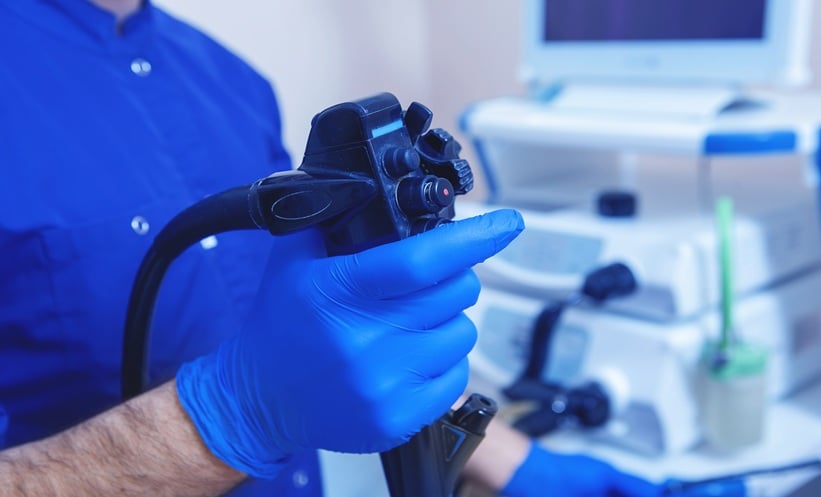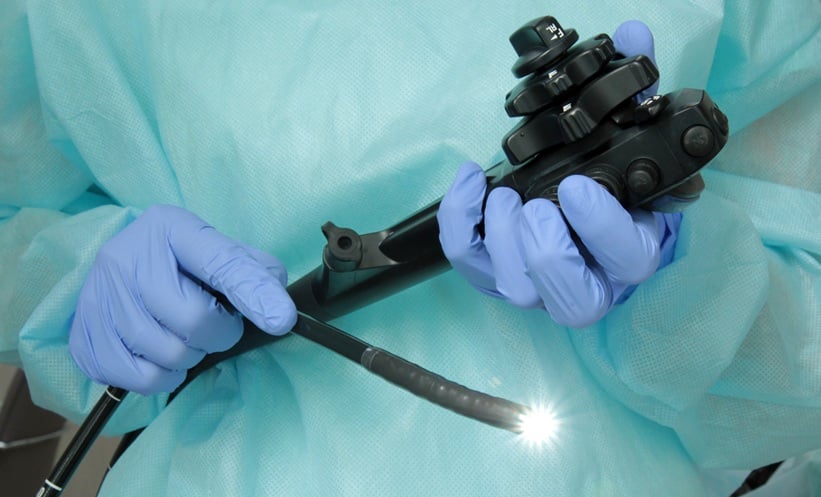A NEW study challenges the long-held belief that small-bowel capsule endoscopy (SBCE) is most effective when performed soon after a gastrointestinal bleeding event. Researchers found that the timing of SBCE had little influence on the detection of bleeding sources in the small intestine.
The retrospective study analysed data from 131 patients who underwent SBCE following overt gastrointestinal bleeding. Patients were grouped based on when they received SBCE: within 1–7 days, 8–14 days, 15–28 days, or 29 days or later after their last bleeding episode. Surprisingly, positive findings — including vascular lesions, inflammatory lesions, tumours, or diverticula — were detected in about 50% of cases across all time frames, with no significant difference between groups.
The study also highlighted that a quarter of patients with negative SBCE results were later found to have bleeding sources outside the small intestine, emphasizing the importance of follow-up testing.
These findings suggest that SBCE remains a valuable diagnostic tool regardless of when it is performed after a bleeding episode, offering flexibility in clinical practice.
Reference
Kametaka D et al. A study on the timing of small-bowel capsule endoscopy and its impact on the detection rate of bleeding sources. BMC Gastroenterol. 2025; DOI: 10.1186/s12876-025-04044-1.








